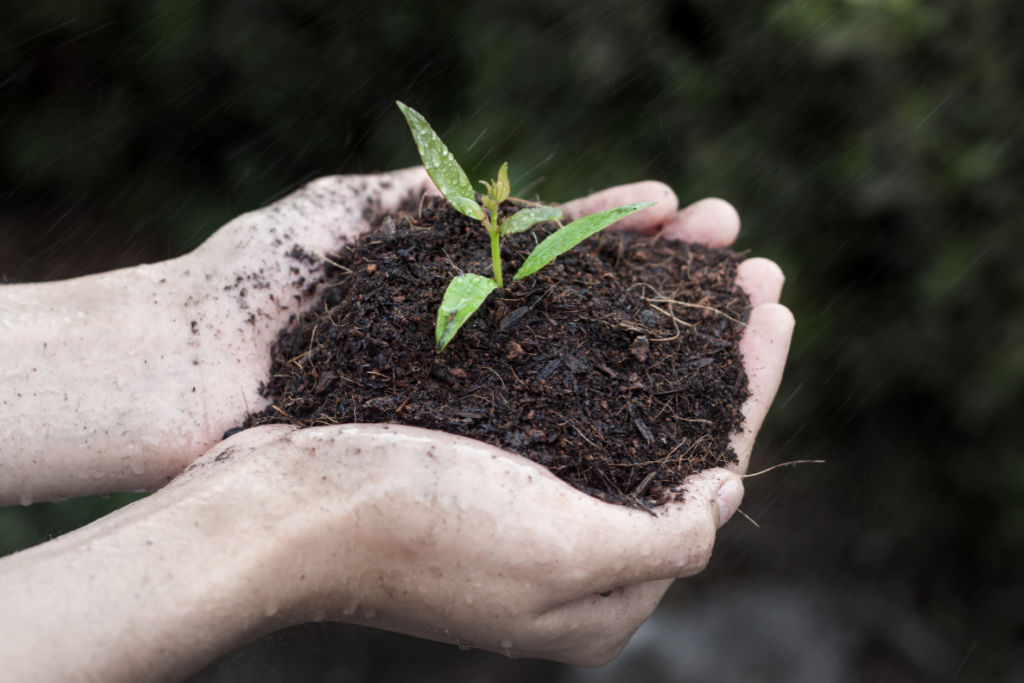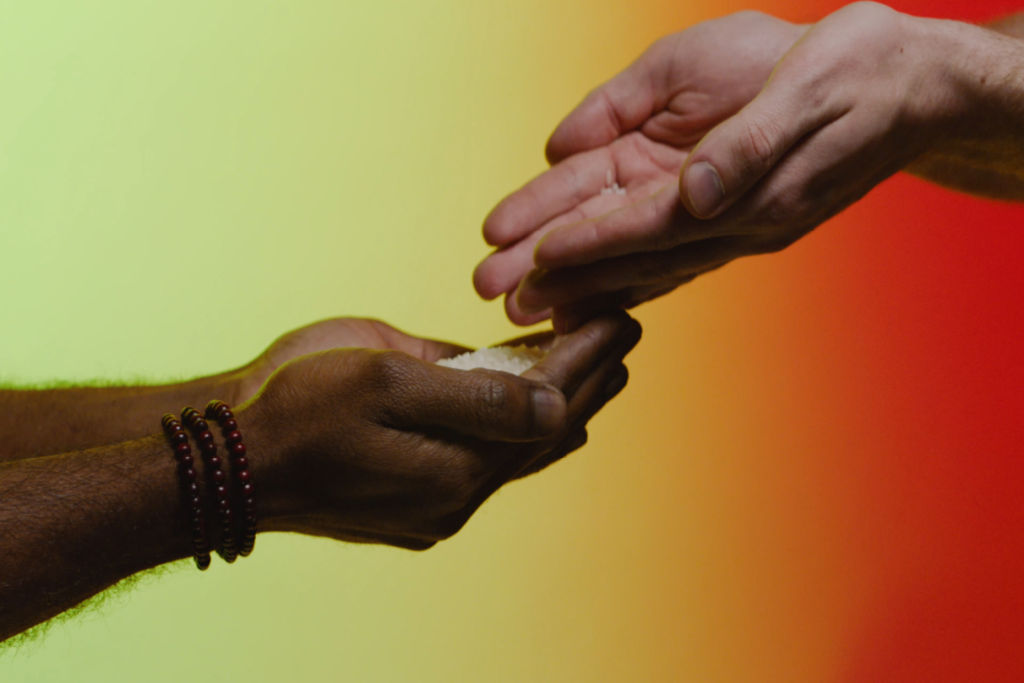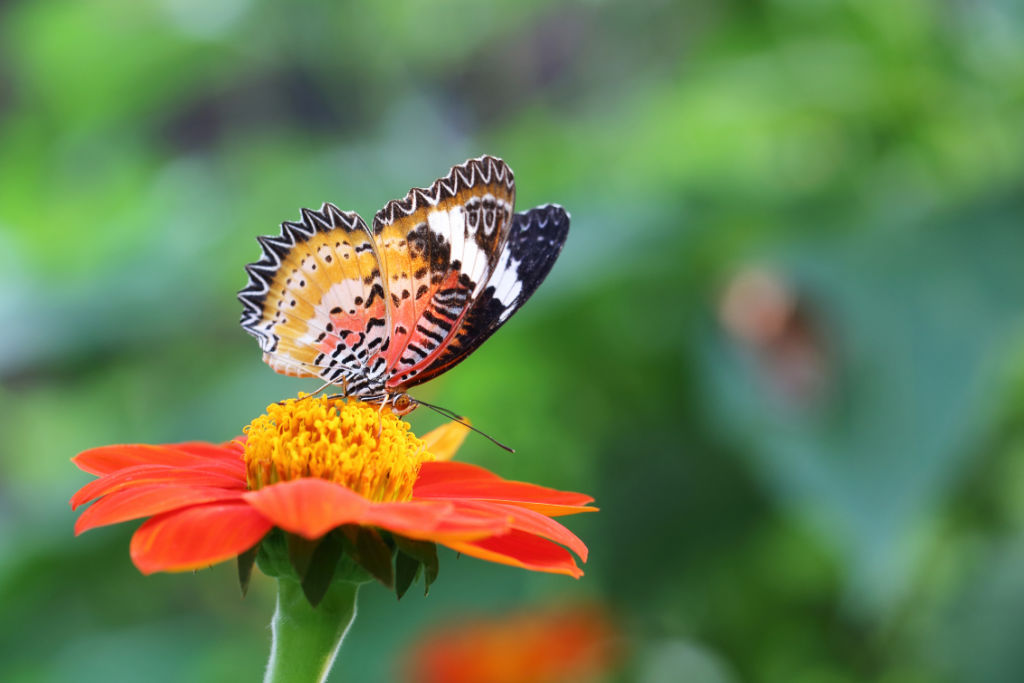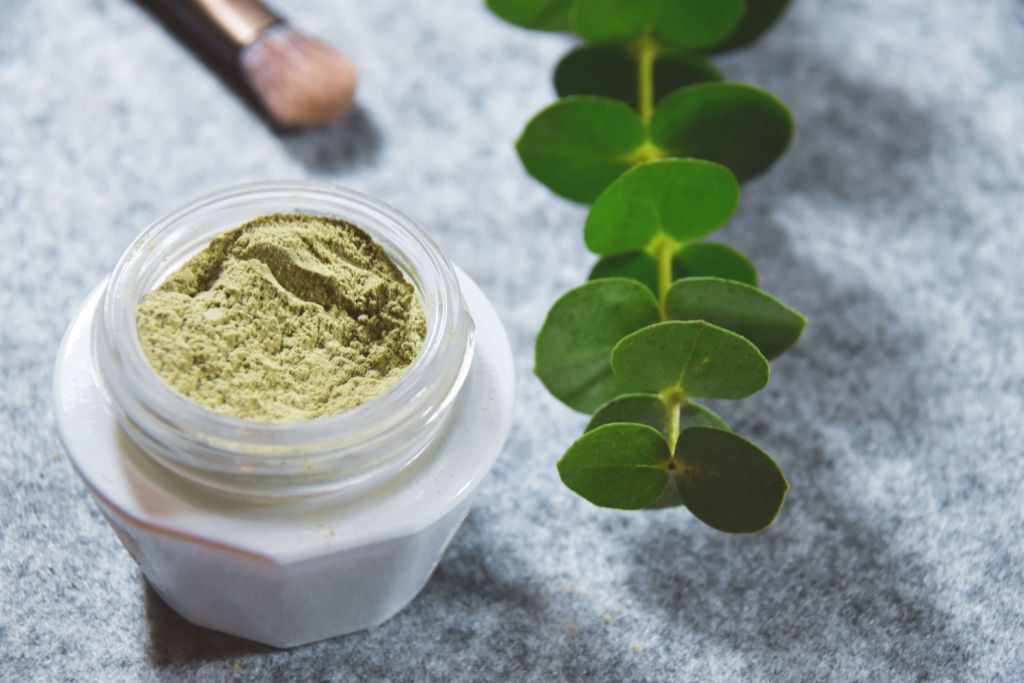When it comes to cultivating compassion, a few little daily practices can help you develop this important skill. For example, greeting people with a friendly smile or pausing to observe them, or even just being curious about what they’re doing, can help cultivate compassion. And small efforts like these can often result in small results like a smile or a pleasant surprise.
Compassion
Compassion on Plants is a campaign to spread awareness about the benefits of plant-based diets. By reducing saturated fat, which is a major cause of cancer, heart disease, and high blood pressure, plant-based diets can relax your body and boost your immune system.

Compassion on Plants’ wrist wraps can be gifted to those you love. They also remind you to plant seeds of compassion, whether for yourself or others.
Empathy training
Empathy training is the process of demonstrating compassion, especially during difficult times. This can be done by listening carefully to others’ feelings, and also by using specific actions to demonstrate empathy. In this workshop, participants will learn about the different types of empathy, and how to express it effectively. They will also learn about their own natural inclination toward empathy and how to practice it in different situations.

Compassion training helps patients perceive physicians as more compassionate and empathic, thereby improving the quality of care. A recent systematic review of physician compassion found a positive correlation between empathy training and improved patient outcomes. Physicians who are able to display compassion are likely to be more resilient and less vulnerable to burnout. Empathy training curricula may be an effective therapy for physicians who are suffering from burnout.
Developing compassion through small, everyday practices
Developing compassion for plants can start with small, everyday practices that are easy to integrate into your daily life. It can start with a simple greeting or a moment to notice something that interests you. When you develop compassion, you will begin to notice small results, like a smile or a pleasant surprise.

You can also start by asking students to reflect on the consequences of their actions. Discuss examples from history and explore the implications of your actions. Model compassion and look for ways to extend it to those you care about. Remember to broaden your circle of concern to include people from all walks of life.
Monarch butterflies
Monarch butterflies are one of the most beloved butterflies in the world, and they need our help to stay that way. Because their habitat is in danger of destruction, it is critical to protect these beautiful creatures. In Mexico, they live in the Oyamel Fir forest, which is at risk from illegal logging and subsistence farming. These threats threaten their habitat, leaving them vulnerable to the harsh winters of Mexico. Pesticides and herbicides are also a major problem, killing caterpillars and butterflies. Many people use chemicals without thinking about butterflies, but these products kill butterflies and caterpillars, leaving them less able to survive.

Monarch butterflies lay eggs on milkweed plants, and their caterpillars feed on milkweed. Oftentimes, these plants are found in vacant lots or abandoned fields. But as suburbanization and forestation have reduced the area where they grow, the number of plants that are suitable for monarchs has declined.
Mrs Meyer’s
Using the power of plants to teach compassion, Mrs Meyer has created a new hybrid flower: the compassion flower. A cross between a pansy and a spreading viola, this plant represents the beauty of caring for others. Children are encouraged to plant compassionate flowers as a way to spread kindness and empathy.

Compassion is an emotion, and Mrs Meyer has turned this emotion into a product that is marketed to children. The company collaborated with a horticultural company to create this special flower. It is cross-bred with a pansy, which means “to think of,” and a viola, which means “to spread kindness.” The flower has sweet floral notes and has been incorporated into Mrs Meyer’s Clean Day line of products.
Mrs Meyer’s plant-based products
The company has a wide range of products for a green home. Many of its products are eco-friendly and made from natural ingredients. For example, the Clean Day laundry detergent is formulated with plant-based formulas and essential oils for a pleasant smell. Other products include hand creams and lotions.

In addition to being cruelty-free, many of Mrs Meyer’s products are vegan. They contain no animal-derived ingredients, including benzyl benzoate and methylisothiazolinone. In addition, they do not use artificial colourants or parabens. The company also does not test their products on animals, so you can rest assured that these products are completely harmless.
